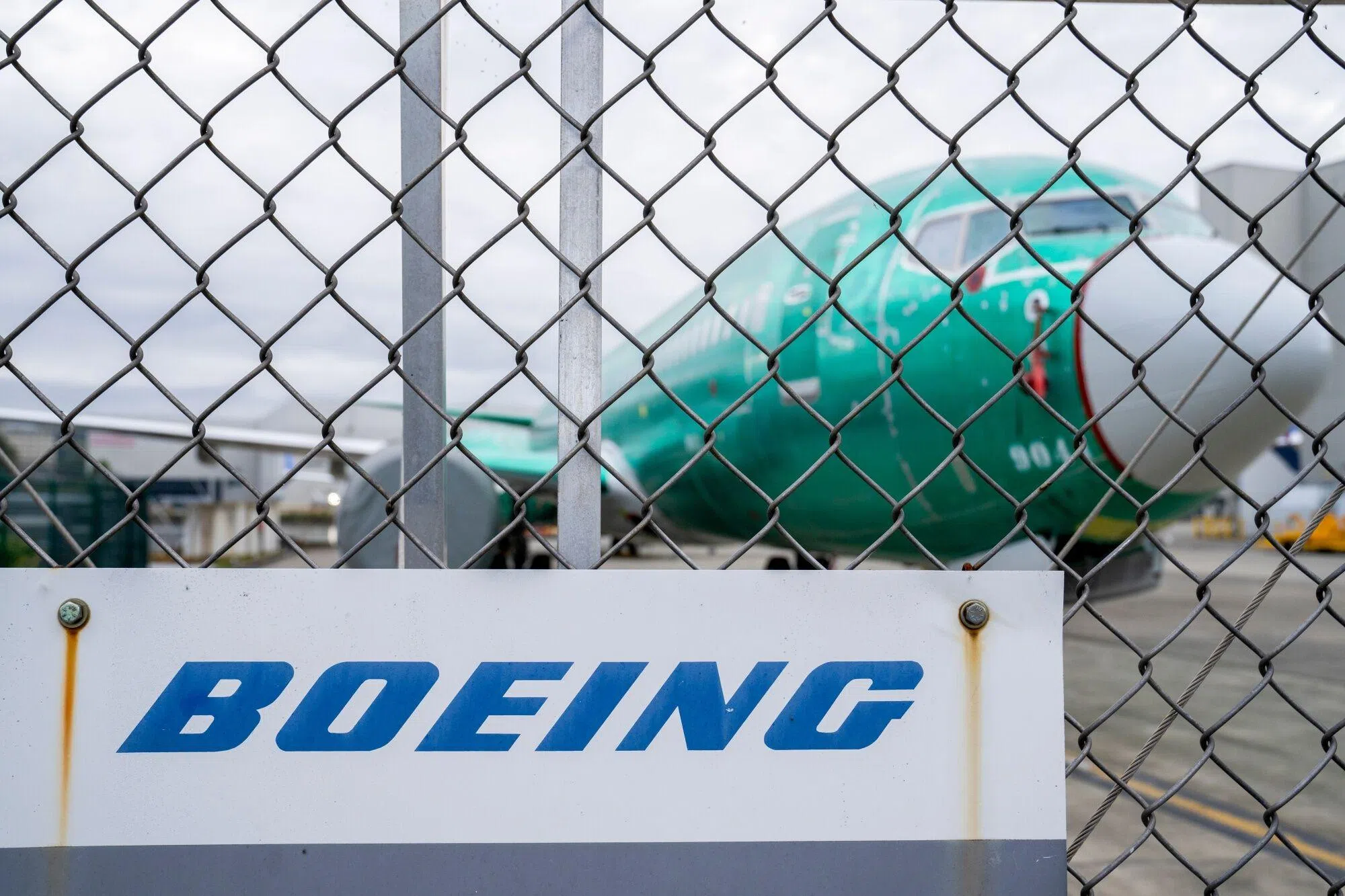THE US Federal Aviation Administration (FAA) is working to overhaul its internal processes for identifying and addressing aviation safety risks in the wake of a mid-air blowout on a Boeing jet, the agency’s top official plans to tell lawmakers on Tuesday (Sep 24).
The changes underway are intended to strengthen oversight across the agency, FAA administrator Michael Whitaker plans to tell members of the House Transportation and Infrastructure Committee’s aviation panel. FAA audits revealed a series of manufacturing and safety lapses at Boeing after a fuselage panel blew off a 737 Max jet shortly after takeoff in January. The agency has since been criticised by some lawmakers for failing to catch those problems sooner.
Whitaker will say that the FAA must establish more proactive oversight processes “that allow us to anticipate and identify risks before they manifest themselves as events”, according to a copy of his prepared remarks seen by Bloomberg.
Whitaker has acknowledged that his agency should have been more hands-on in its oversight of Boeing prior to the January accident. FAA has since taken steps to bolster its oversight, such as placing more inspectors on the ground at the planemaker’s factories.
Whitaker also plans to say that the FAA is exploring ways to better use internal and external data “to become more predictive in identifying risks across the aviation system”.
Lawmakers are examining Boeing’s actions before and after the January accident, as well as the FAA’s role as the aviation industry’s chief watchdog. Whitaker is also slated to testify before an investigative subcommittee in the Senate on Wednesday.
BT in your inbox
Start and end each day with the latest news stories and analyses delivered straight to your inbox.
Senate Commerce Committee Chair Maria Cantwell, a Washington Democrat, and Senator Tammy Duckworth of Illinois introduced legislation in August that would require the FAA to boost its safety management system and analyse prior lapses.
Long-term change
Following the January mishap, the FAA capped production of the 737 Max and required Boeing to submit a comprehensive plan to fix the issues at its factories. That plan, provided to the regulator in May, includes a series of performance metrics that the agency is monitoring in real-time to measure the company’s progress.
Whitaker said earlier this month that Boeing’s factories must show that they are healthy before the FAA will allow the planemaker to increase production rates beyond that cap.
“Boeing must make significant changes to transform its quality system and ensure the right layers of safety are in place,” Whitaker will tell Congress on Tuesday. He said he’s emphasised to Boeing’s new chief executive officer Kelly Ortberg that these changes must be sustained over the long term.
The House subcommittee’s hearing comes as Boeing has been forced to halt jetliner production across the Pacific Northwest because of the striking workforce seeking better pay and benefits. Members of Boeing’s largest union representing 33,000 workers voted to reject a new labour accord earlier this month.
On Monday, Boeing offered the union a 30 per cent wage hike in a bid to break the stalemate. BLOOMBERG






